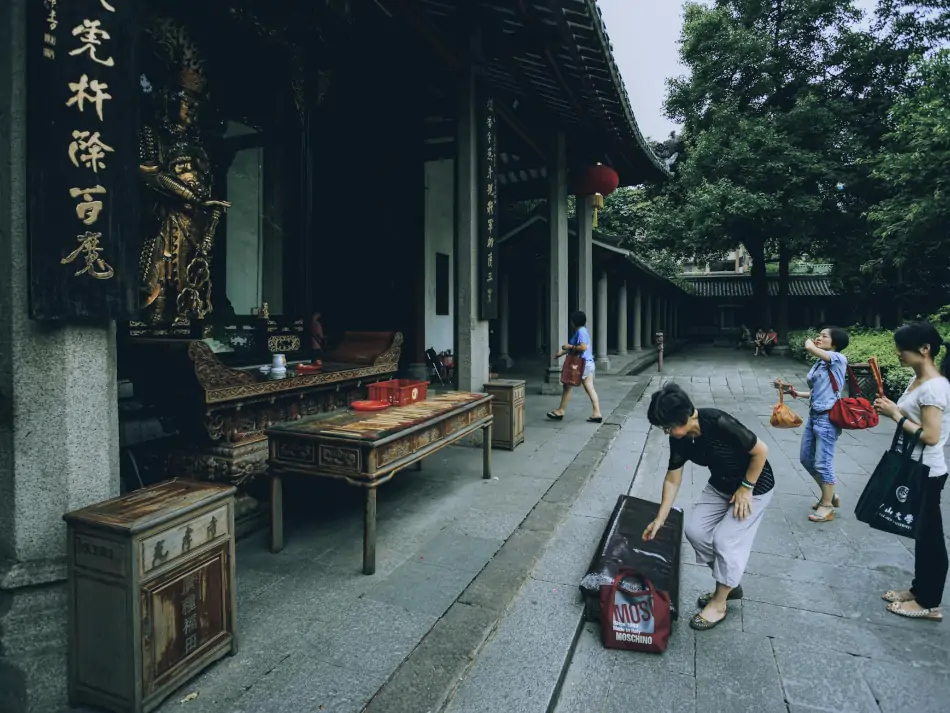Cultural Do's and Don'ts: Essential Etiquette for International Travel

When traveling internationally, understanding the local culture and etiquette is just as important as packing your suitcase. It’s about showing respect, avoiding misunderstandings, and making the most of your travel experiences. Here are some essential dos and don’ts to consider when exploring new cultures abroad.
Do Your Research:
DO: Research your destination’s culture, traditions, and etiquette before your trip. Understanding local customs will help you connect with locals, avoid offending people, and enrich your travel experience.
DON’T: Assume that behaviors acceptable in your culture are universally accepted. What’s normal in one country might be considered disrespectful in another.
Respect Local Dress Codes:
DO: Adhere to local dress codes, especially when visiting religious or sacred sites. In many cultures, modest attire is expected, and you may need to cover your head, shoulders, or knees.
DON’T: Dress inappropriately or disrespectfully. Even in hot climates, skimpy clothing might not be accepted. Always prioritize respect for the local culture over personal comfort or style.
Mind Your Manners:
DO: Learn basic greetings and phrases in the local language. Saying ‘hello,’ ‘thank you,’ and ‘please’ shows respect and appreciation for the local culture.
DON’T: Use rude or offensive language. Even if you’re having a bad day or facing a frustrating situation, remain polite and patient.

Understand Dining Etiquette:
DO: Learn the local dining etiquette. In some cultures, it’s polite to leave a little food on your plate, while in others, it’s expected to finish everything.
DON’T: Reject local food without a valid reason. Trying local cuisine is a part of the travel experience, and refusal might be seen as disrespectful.
Respect Cultural Sites and Monuments:
DO: Respect cultural and historical sites. Follow any posted rules, stay within designated areas, and avoid touching artifacts or structures.
DON’T: Vandalize or deface cultural sites. Not only is it disrespectful, but it’s also illegal in many places and could result in hefty fines or even jail time.
Be Conscious of Photography Etiquette:
DO: Always ask for permission before taking photos of people, especially in indigenous communities or places where people might have cultural sensitivities about photography.
DON’T: Intrude on people’s privacy or personal space for the sake of a photo. Respect should always be your top priority.
When you’re traveling, you’re a guest in someone else’s home country
Practice Sustainable Tourism:
DO: Support local businesses and be environmentally conscious. This includes shopping locally, picking up your trash, and conserving water and energy.
DON’T: Support activities that harm the environment or exploit local communities. This includes avoiding animal attractions known for poor treatment of animals and not buying products made from endangered species or ancient artifacts.

Conclusion
Remember, when you’re traveling, you’re a guest in someone else’s home country. Being mindful of your behavior and respecting local customs and traditions is a crucial part of being a responsible traveler. These dos and don’ts will not only help you avoid cultural faux pas but also enhance your understanding and appreciation of the cultures you encounter during your travels.
